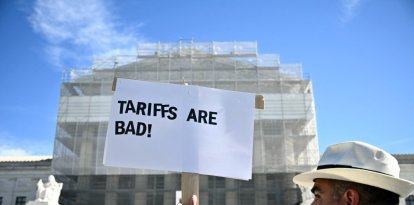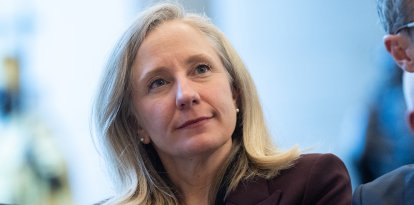Biden allocates $2.5 billion to FEMA for climate resilience
The funds will come through the Building Resilient Infrastructure and Communities (BRIC) program and the Flood Mitigation Assistance program.

(Cordon Press)
Joe Biden will allocate $2.5 billion to the Federal Emergency Management Agency (FEMA) to increase climate resilience. The funds will arrive via two different channels and were already celebrated by the head of the agency, Deanne Criswell. Since June, the federal government has earmarked $5.1 billion for this cause.
FEMA will receive this amount through the Building Resilient Infrastructure and Communities (BRIC) competitive grant program and the remainder through the Flood Mitigation Assistance program. Specifically, it will take $1.8 billion from the first and $642 million from the second, taking into account that the Department of Homeland Security announced in early May $160 million in funds for the two programs.
“From Hawaii to Maine, communities across the country are experiencing more frequent and intense severe weather events, resulting in devastating impacts to their homes, businesses, and families. Though FEMA will always help communities respond and recover to these disasters, it is also paramount to build resilience before disasters strike,” Criswell said in a statement.
“Thanks to President Biden’s Investing in America agenda, we can further our mission to help our state, local, territorial, and tribal partners build a more resilient nation.”
In June this year, the Commerce Department announced $2.6 billion for the same cause through the Inflation Reduction Act (IRA). This investment earmarked $349 million for climate resilience in U.S. fisheries and another $400 million for restoring tribal habitats and fish hatcheries.
In April, Biden allocated sending one billion dollars to the Green Climate Fund (GCF), one of the largest climate organizations in the world.
According to the GCF’s website, the organization is charged with “fostering a paradigm shift towards low-emission, climate-resilient development pathways in developing countries.” In addition, they highlight that they have a budget of $12 billion to work in more than 140 countries, although including co-financing, the coffers would rise to $45 billion.

























